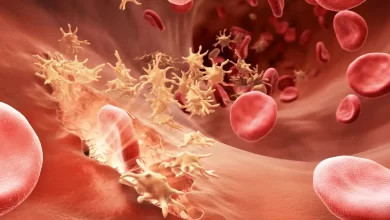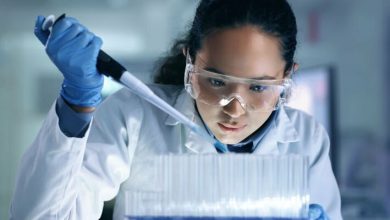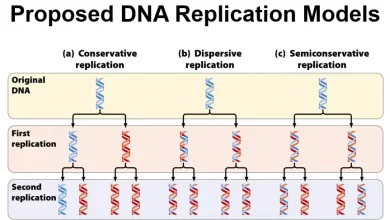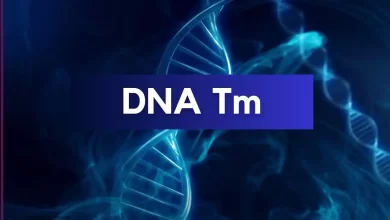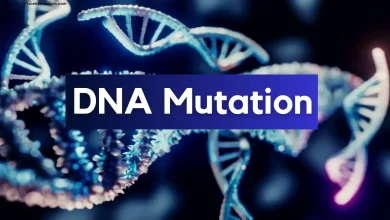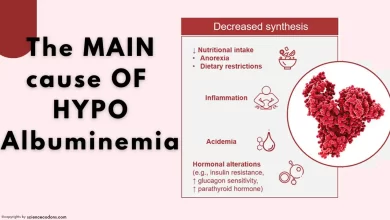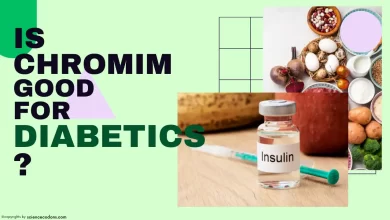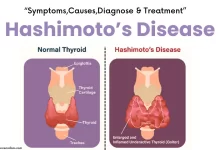The anti-dsDNA test is a blood test used to detect antibodies against double-stranded DNA.
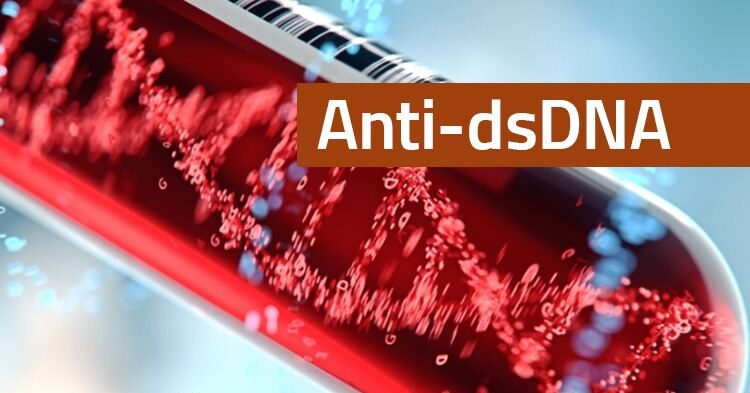
Antibodies are molecules produced by the immune system to combat foreign substances and pathogens. In some autoimmune diseases, these antibodies mistakenly attack the body’s cells and components. One specific antibody, Anti-dsDNA, specifically recognizes and binds to double-stranded DNA within the cell nucleus.
Additional related tests include ANA (antinuclear antibody), ENA Panel (extractable nuclear antigen panel), Anti-Sm, Anti-RNP, Anti-Ro (SSA), and Anti-La (SSB).
Anti-dsDNA and Lupus
The main objective of the Anti-dsDNA test is to confirm a diagnosis of lupus in individuals who exhibit lupus symptoms and have tested positive for ANA. ANA is an antibody that specifically targets the cell nucleus and is commonly elevated in different autoimmune diseases, with lupus being a prominent example. Although the antinuclear antibody (ANA) test is positive in about 95% of patients with lupus, its lack of specificity requires the use of the anti-dsDNA test for a definitive diagnosis. The Anti-dsDNA test is highly specific but less sensitive, as it only yields positive results in 65-80% of lupus patients. If both the test and the ANA are positive, there is a 99% certainty that the individual has lupus.
What does a positive Anti-dsDNA test mean?
A positive Anti-dsDNA test in a person with lupus indicates a high likelihood of lupus nephritis, which is kidney involvement. Additionally, this test is valuable for monitoring patients as it can show positive results during disease flares, indicating periods of heightened disease activity. This is true even for individuals who initially tested negative. Conversely, when a person is undergoing treatment during periods of disease inactivity, the test may yield negative results.
The Anti-dsDNA test is also requested for cases of autoimmune hepatitis, a condition where immune system cells attack liver cells, causing inflammation in the liver. This test helps distinguish autoimmune hepatitis from other liver tests, such as AST, in a blood test.
Anti-dsDNA Test and its Role in Lupus and Autoimmune Hepatitis
The Anti-dsDNA test is commonly used for two purposes: to confirm a diagnosis of lupus and monitor the progression of the disease. When a physician suspects lupus based on specific symptoms, they may order this test.
These symptoms include joint pain, skin rash, fatigue, headache, hair loss, pleuritis or pericarditis (inflammation of the lining around the lungs or heart), photosensitivity, Raynaud’s syndrome (abnormal blood vessel response to cold or stress), and unexplained weight changes. Lupus is a systemic autoimmune disease that can affect the entire body, and its symptoms can vary greatly, as previously mentioned.
In cases where autoimmune hepatitis is suspected, the Anti-dsDNA test may be requested. Symptoms that may prompt this test include fatigue, jaundice (yellowing of the skin and eyes), weakness, itching, pain in the right side of the abdomen, and accompanying symptoms such as fever, nausea, vomiting, and diarrhea. Autoimmune hepatitis is an inflammatory liver disease that causes damage to liver cells and impairs liver function. Liver cells play crucial roles in the body, including the production of enzymes and regulatory proteins, elimination of toxins, and support for the immune and digestive systems.
Additionally, the Anti-dsDNA test can be utilized to monitor the treatment progress of lupus and autoimmune hepatitis. Regular testing allows healthcare providers to evaluate disease activity and the efficacy of prescribed treatments.
Conditions and how to conduct the test
The anti-dsDNA test utilizes the ELISA method to detect antibodies by observing color changes in the presence of the antigen. The sample for testing is placed in a device containing the antigen. If ds-DNA antibodies are present in the blood, they will bind to the antigens. An enzyme identifier is added, and if there are color changes, the test result is considered positive.
The blood sample received for the Anti-dsDNA test does not require any specific handling conditions. However, since this test is often performed in conjunction with other tests, there may be situations where specific conditions must be adhered to. It is recommended to consult your treating physician or the laboratory for any specific instructions regarding the requested tests.
Interpreting the results of the Anti-dsDNA test
Interpreting the results of the Anti-dsDNA test requires considering the patient’s clinical symptoms along with the laboratory findings. Various scenarios can arise when interpreting this test. If the blood test shows a high level of Anti-dsDNA titer and the person is experiencing symptoms of lupus, it can be concluded that they have lupus. Elevated levels of this antibody titer can also be associated with lupus flares and kidney involvement (lupus nephritis).
If the Anti-dsDNA titer in the blood test is low or moderate, it suggests the possibility of another autoimmune disease, such as chronic autoimmune hepatitis, primary biliary cirrhosis, infectious mononucleosis, or Sjogren’s syndrome. In autoimmune diseases, it is common for one blood factor to increase significantly, but due to the defective immune system, other factors may also show elevated levels.
Very low levels of these antibodies in a blood test are interpreted as negative results. However, a negative test result does not definitively exclude the possibility of the person having the disease. In fact, even in cases of lupus, around 35 to 40 percent of patients may test negative for this test. Additionally, the individual may be in the early stages of the disease or experiencing a period of remission.
It is important to note that the absolute amount of Anti-dsDNA test titers may vary between laboratories due to differences in the types of laboratory devices and kits used.

